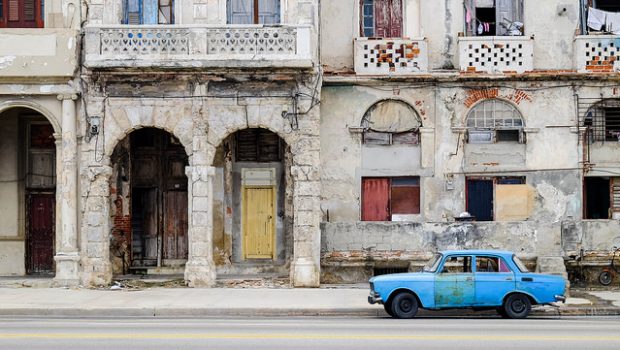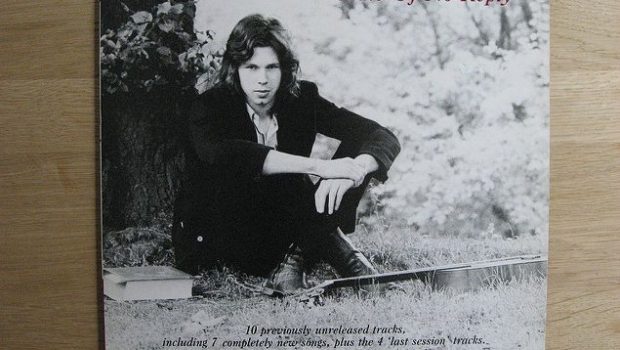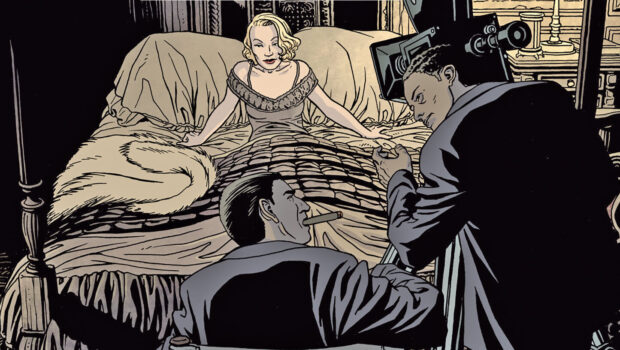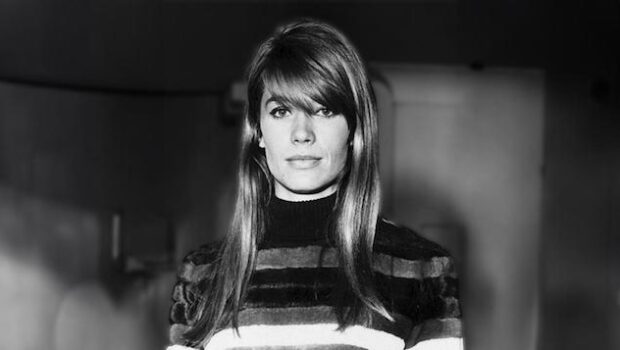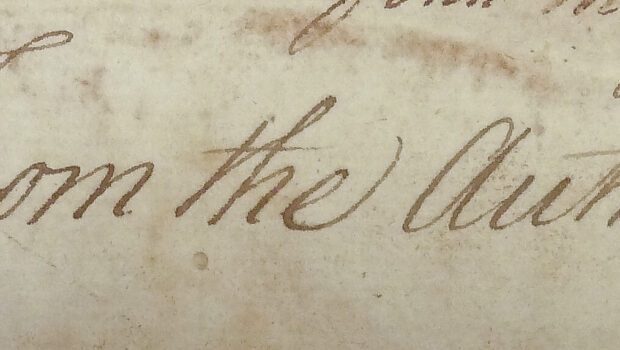Havana (An Elegy to Myself)
La Habana (Una elegía a mí misma)
Tanya Huntington
A poem…begins as a lump in
the throat, a sense of wrong, a
homesickness, a lovesickness.
Robert Frost
I came here to Havana with no song
inside my heart, except the one that died
last year when you were not with me: the day
you looked the other way. (And you were wrong
and I was wronged; your ego stoked with pride
augured the worst. I could not make you stay.)
It died but I kept singing, never seeing
you had gone until you told me so.
Then sorrow flew inside my open mouth
and nested in my throat. (I turned to flee
and cried me out a river that would flow
down to Miami, ferry me down South.)
The sorrow formed a lump so round and hard,
so smooth and cold, it sank down to my chest.
Havana doesn’t know I keep it there.
It’s on the right. It is my calling card.
I carry it with me inside my breast.
Its weight is more (and less) than I can bear.
A woman walks beside me with a cake
atop a square of cardboard twisted back
and forth in harmony with swinging hips.
Blue frosting glows with light. (For summer’s sake
I left winter behind. The frozen black
of night exchanged for warmer fingertips.
You left, so I left too. My flight from yours,
our separations joined in symmetry.)
The hustlers on Obispo Street all say
psst-psst, hello hello. It seems that whores
are willing to embrace the Enemy,
the Coco come to steal their souls away.
Take those two sunburned women at the bar.
They taste daiquiris, escorts posed beneath
their thighs –both gigolos not half their age.
One of them groans, “bitte alzo wunderbar”
around a cracker held between her teeth.
Her limber tryst endures this, lips engage.
(I wonder if I’ll ever kiss again
while standing on the edge of sand and sea.
The lump has risen back into my throat
and I’m no better than the rest who yen
for sex or the exotic to be free,
but I am foundered and I cannot float.)
Upon a sea of marbles glides a yacht
contained within a case of glass outside
a Mausoleum of Dichotomy
as if it were some installation fraught
with irony about stagnated pride,
an island never new (and never free.)
I came to hand out dollars in exchange
for rum, I came to hear the soft lament
of dentists selling ice cream on the side
to make ends meet, I came to them estranged.
But not to mock the fallen tenement
of failed utopia, of changing tide.
(Now I’m the only guerrillera here
at this, my final stand, ill-equipped to fight
for an outmoded cause: fidelity.
The trick is learning how to shed my fear
and overthrow the old regime. What might
have been is merely bourgeois fantasy.)
I came to recognize a hunger fed
by carpet remnants breaded, fried, and sold
as steaks. I came to light a votive flame
while clad in white. I came to rest my head
upon a plastic kitchen table bold
enough to boast an orchid without shame.
A dancer speaks to me of love and loss:
her voice blows an arabesque of sorrow
across the makeshift awning of her palm
(words unafraid to cut in where mine gloss
over gory details, yet even though
they open up old wounds, the sound is balm.)
Havana, an accursed circumstance
of water, water everywhere and not
a drop to drink. (I have no mermaid tail
and cannot sing or swim. I’ve lost my chance
to hold your heart: now I’m Calypso, caught
in archipelagos while you set sail.)
A poet with a regal name receives
me at her rooftop home for tea. She pours.
I note the pot of sugar crawls with ants.
She says she used to have a Pekinese
that she adored, until it fell six floors
in what she claims was suicide, not chance.
(And if I were to end it here and now?
Let the lump act as an inner anchor
and join that gray vault of undersea dead,
arranged in iron furrows each wave ploughs
deep through the sand before roaring ashore
against the seawall, leave these lines unsaid?)
When brave Odysseus embarked after Troy,
his would-be destination was his past
–unlike Aeneas, founder of new lands.
(But hearths can’t be adjusted, no new joy
can come without unfolding from the vast
amount of pounding that our souls withstand.)
No new man awaits me in Havana.
Yet not unlike those epic tales of yore,
new life begins here where the old one ends:
in a hole in the ground. Fair Havana,
dolefully I waste away on your shore
while knowing I’ll no longer make amends.
It is my lot to live the here and now.
Transference bears no golden branch, unless
it hangs above this void behind the shrine
that is the dwelling of Changó. I vow
that marriage will stay buried here, confess
that death will not us part by breathing brine
and spitting out the lump that’s now a bone,
and hoping that the saint will heed my moan,
and knowing that from this poem, I will roam
until I’ve mapped an ending all my own.
• The long poem forms part of the book Solastalgia, to be published this month by Almadía.
 Tanya Huntington is the author of Martín Luis Guzmán: Entre el águila y la serpiente, A Dozen Sonnets for Different Lovers, and Return. She is Managing Editor of Literal. Her Twitter is @Tanya Huntington
Tanya Huntington is the author of Martín Luis Guzmán: Entre el águila y la serpiente, A Dozen Sonnets for Different Lovers, and Return. She is Managing Editor of Literal. Her Twitter is @Tanya Huntington
©LiteralPublishing
Versión al español de Hernán Bravo Varela
Un poema… empieza como un bulto
en la garganta, una sensación de error,
una nostalgia, un mal de amores.
Robert Frost
Vine aquí a La Habana sin canciones adentro
del corazón, salvo esa que hace un año murió
cuando tú ya no estabas conmigo: fue ese día
que miraste a otra parte. (Te habías equivocado
y fui agraviada; tu ego, atizado de orgullo,
auguraba lo peor. No hice que te quedaras.)
Murió pero seguía yo cantando, sin entender
que te habías ido hasta que me dijiste.
Voló la pena entonces hacia mi boca abierta
y anidó en mi garganta. (Y yo emprendí la huida,
y me puse a llorar a mares que fluyeron
hasta Miami, llevándome desde ahí hacia el sur.)
La pena formó un bulto tan duro y tan redondo,
tan delicado y frío, que fue a hundirse en mi pecho.
La Habana no sospecha que ahí es donde lo guardo.
Se encuentra a la derecha, me presento con él
y lo llevo por dentro de mis senos, conmigo.
Su peso es más (y menos) de lo que yo soporto.
A mi lado va una mujer con un pastel
sobre un cartón doblado hacia atrás y adelante
que armonizaba con su vaivén de caderas.
Brilla el betún al sol. (Por el bien del verano
dejé atrás el invierno. La oscuridad helada
de la noche dio paso a unos dedos más cálidos.
Te fuiste y yo también. Mi vuelo con el tuyo,
nuestras separaciones, en simetría, se unieron.
Jineteros de calle Obispo, todos dicen
jelou, jelou, pst, pst. Parece que las putas
están dispuestas a adoptar al Enemigo,
viene el Coco a robarse sus almas.
Miren a esas
dos mujeres tostadas por el sol en el bar.
Beben daiquirís, tienen acompañantes bajo
los muslos –ambos son ni la mitad de jóvenes.
Gime una de ellas: bitte also wunderbar
en torno a una galleta que sostiene entre dientes.
Y su flexible cita lo tolera, y los labios
se atraen.
(Yo me pregunto si besaré de nuevo
estando aquí, de pie, entre el mar y la arena.
Otra vez ha subido el bulto a mi garganta
y yo no soy mejor que las que ansían tener
sexo o cosas exóticas para poder ser libres,
pero me he ido a pique y no puedo flotar.)
Sobre un mar de canicas se desliza un yate,
adentro de un estuche de vidrio que se encuentra
fuera de un Mausoleo de la Dicotomía,
como si se tratase de una instalación,
plagada de ironía, sobre el orgullo estático;
una isla que nunca fue nueva (ni fue libre).
Vine a distribuir mis dólares a cambio
de ron, vine a escuchar el lamento mullido
de dentistas que venden helado por su parte para
que les alcance; llegué alejada a ellos.
Mas no para burlarme del solar arruinado
de la utopía fallida, del cambio de tendencias.
(Ahora soy la única guerrillera del rumbo
en mi última ofensiva, lista para pelear
por la fidelidad, esa causa anticuada.
El chiste es saber cómo deshacerme del miedo
y derrocar el viejo régimen. El hubiera
es, simplemente, pura fantasía burguesa.)
Vine a aceptar un hambre saciada con los restos
fritos y empanizados de una alfombra, vendidos
como filetes. Vine de blanco, aquí, a prender
una llama votiva; a poner mi cabeza
en la mesa de plástico de una cocina, audaz
como para lucir, impúdica, una orquídea.
Me habla una bailarina del amor y la pérdida:
su voz, un arabesco de dolor sobre el toldo
que su palma improvisa (las palabras, sin miedo
de intervenir ahí donde las mías pasan
por alto los detalles sangrientos; y, a pesar
de abrir viejas heridas, su sonido es un bálsamo.)
La Habana, una maldita circunstancia del agua
por todas partes pero sin haber una gota
para beber. (No tengo la cola de sirena,
no sé cantar ni nado. No supe retener
tu corazón: ahora soy Calipso, atrapada
en estos archipiélagos mientras izas las velas.)
Una poeta con nombre fastuoso me recibe
en su hogar de azotea para tomar el té.
Ella sirve. Yo advierto la azucarera llena
de hormigas. Ella dice que tenía un Pequinés
al que adoraba, pero cayó del sexto piso
en lo que, me asegura, fue un suicidio y no azar.
(¿Y si acabo con esto de una vez por todas?
¿Y si dejo que el bulto se convierta en un ancla,
me uno a esa cripta gris de muertos submarinos
colocados en surcos de hierro que cada ola
labra a fondo en la arena antes de rugir contra
el malecón, y dejo en silencio estos versos?)
Cuando Odiseo el valiente se hizo a la mar después
de Troya, su destino potencial fue el pasado
–no así Eneas, quien fundó nuevas tierras–. (Los lares
jamás se rectifican, ninguna dicha nueva
llega sin desplegarse desde la vasta cifra
de golpizas que puede resistir nuestro espíritu.)
No me espera ningún hombre nuevo en La Habana.
Sin embargo, tal cual pasa en la antigua épica,
la vida nueva empieza donde la vieja acaba:
en un hoyo en la tierra. Yo me consumo, hermosa
Habana, de dolor en tus costas, sabiendo
que de aquí en adelante no podré redimirme.
Mi destino es vivir aquí y ahora. Ninguna
transferencia soporta una rama dorada
si esta no cuelga sobre el vacío, detrás
del santuario a Changó. Yo prometo que aquí
se queda el matrimonio sepultado. Confieso
que la muerte no habrá de separarnos, aun
si respiramos agua salada y escupimos
el bulto que ya es hueso, esperando que el santo
escuche mi clamor, sabiéndome errabunda
a partir de este poema hasta trazar mi fin.
• Este poema largo forma parte del poemario Solastalgia, que será publicado este mes en la editorial Almadía.
 Tanya Huntington is the author of Martín Luis Guzmán: Entre el águila y la serpiente, A Dozen Sonnets for Different Lovers, and Return. She is Managing Editor of Literal. Her Twitter is @Tanya Huntington
Tanya Huntington is the author of Martín Luis Guzmán: Entre el águila y la serpiente, A Dozen Sonnets for Different Lovers, and Return. She is Managing Editor of Literal. Her Twitter is @Tanya Huntington
©Literal Publishing. Queda prohibida la reproducción total o parcial de esta publicación. Toda forma de utilización no autorizada será perseguida con lo establecido en la ley federal del derecho de autor.


